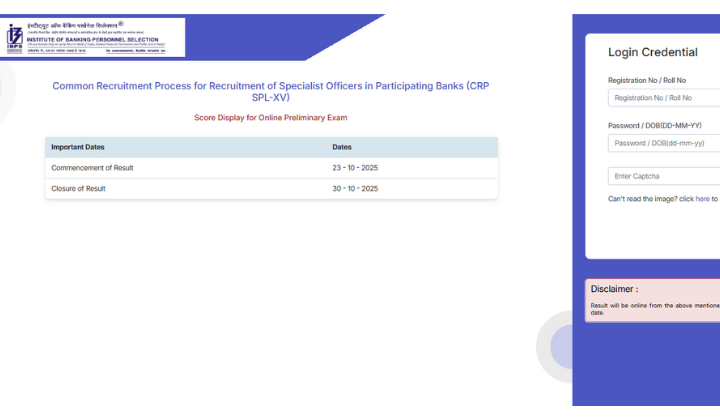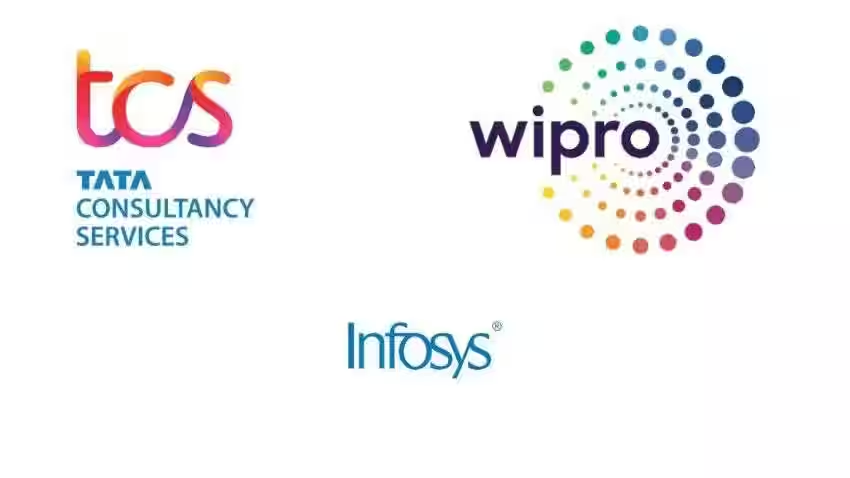Now Reading: Starting Your First Job? Avoid These Common Mistakes for a Smoother Career Path
-
01
Starting Your First Job? Avoid These Common Mistakes for a Smoother Career Path
Starting Your First Job? Avoid These Common Mistakes for a Smoother Career Path

Your first job is more than just a paycheck—it’s a foundation for everything that follows. While excitement is high, it’s easy to make mistakes that can affect your growth and reputation. From missing deadlines to not asking questions, early missteps are common. Here’s a guide to help freshers from Tier 2 cities navigate the professional world with confidence and avoid pitfalls in their very first role.
1. Not Clarifying Expectations
Many first-timers hesitate to ask questions, fearing it might look unprofessional. But understanding your role, deliverables, and timelines clearly is crucial. Always clarify what’s expected—this reduces errors and shows you’re serious about doing things right.
2. Ignoring Feedback or Taking It Personally
Feedback is part of growth, not criticism. Instead of feeling offended, treat it as free advice from those with more experience. Ask for suggestions, note down areas to improve, and take it as a learning opportunity.
3. Poor Time Management
Arriving late, missing deadlines, or poor prioritization can quickly tarnish your image. Use planners, set reminders, and break tasks into smaller chunks. Good time habits early on lead to stronger career discipline in the long run.
4. Staying Silent in Meetings
Many freshers, especially from Tier 2 cities, hold back in meetings due to language barriers or fear of sounding wrong. But your inputs matter. Start by asking clarifying questions or summarizing key points. Gradually, you’ll build the confidence to contribute more.
5. Not Networking Within the Office
Your colleagues are more than just coworkers—they’re part of your learning ecosystem. Take time to know your team, join internal groups, and engage in casual conversations. Internal visibility helps you get noticed and grow faster.
6. Overpromising and Underdelivering
Saying “yes” to everything may seem like a good idea initially, but it often leads to burnout or unfinished work. Be honest about what you can handle. It’s better to commit to one task and complete it well than juggle five poorly.
7. Avoiding Skill Upgrades
Learning shouldn’t stop after college. Keep upgrading your skills through online courses, reading, or mentorship. Your first job is a starting point, not a destination. Those who stay curious grow faster and get better opportunities.
8. Not Setting Boundaries
Saying yes to every late-night task or personal favor may seem helpful at first, but it can lead to being taken for granted. Learn to politely say no when needed and maintain a healthy work-life balance.
Conclusion:
Your first job sets the tone for your career journey. Mistakes are part of the process, but being aware of them helps you learn faster and grow smarter. Whether you’re working in a local firm in Bhopal or remotely for a startup in Bengaluru, professionalism, communication, and continuous learning will always set you apart. Make these early years count—the right habits now will pay off for decades.
























